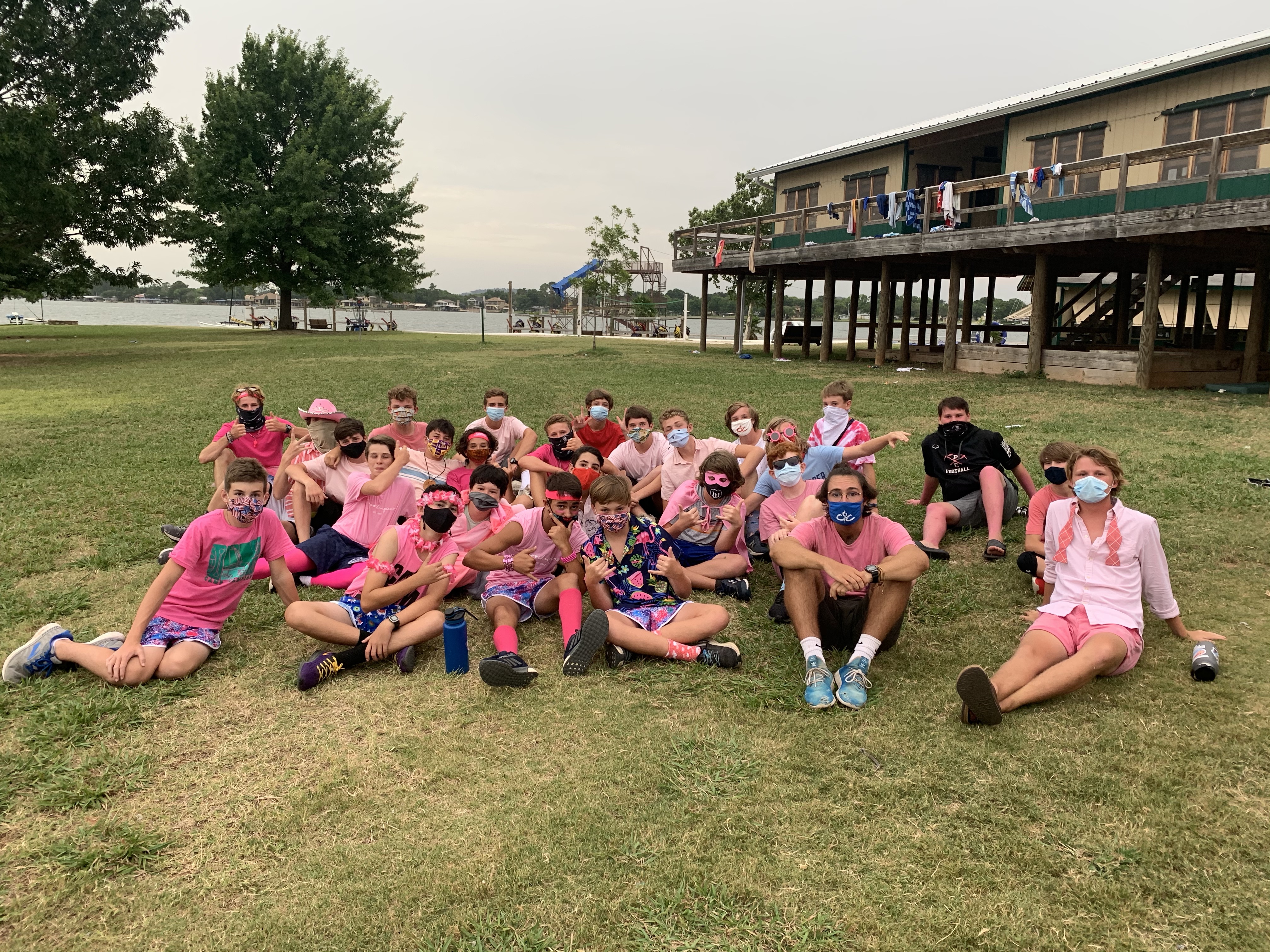The Stoic Gods
July 7, 2020

Recently, I was listening to a podcast about a book called the Stoic Challenge. In it, the author suggested that we should each resolve that we will not allow circumstances to lead to personal suffering. We cannot control the world around us, but we can choose to avoid being defeated by it.
The trick that he talked about is to imagine that there are “stoic gods” who will throw obstacles in our paths for us to overcome. He is quick to note that he does not believe in stoic gods – he just want to use them as a thought experiment. He did not put it this way, but I found myself picturing a demanding symphony conductor or calculus teacher or basketball coach who pushes you, allows you to struggle and enables you to find your inner strength.
This year, there are times that the stoic gods feel more like a drill sergeant. Sure, the roles of a conductor and a drill sergeant are similar – a third party determined to let you grow and become more resilient – but I think I like the demanding conductor a little more.
But here is the secret about the stoic gods – we do not get to choose how they present themselves. We might want to be gently encouraged, but we must be ready to be pushed harder.
This summer, we have chosen to embrace these challenges. We strive to find the positives.
For last week’s Think Pink dance, we could not seat all the campers in the coliseum while maintaining distance between cohorts. The 7th and 8th graders opted to sit in the grass and enjoy a different view of the proceedings.
Just today, we had a thunderstorm develop overhead just as our afternoon activities were scheduled to start. On one hand, that could be a bummer – a cabin could miss a class they were looking forward to.
But there is a better way to approach inclement weather. We see it as a chance for cabin bonding. During these bonus cabin moments, we have tent building competitions, card tournaments, story-telling competitions and just simple conversation.
Think about it. Your kiddos are learning to amuse themselves using nothing more than the presence of another human and (perhaps) an additional item like a deck of cards or some cotton sheets. S/he needs no help from social media or apps or YouTube. Spotify is not providing distracting music. It is simply kid to kid (and counselor) connection.
I know they will happily jump back into the highly-connected world after camp, but I am delighted that they are also learning this powerful skill. I cannot help but think it will make them better friends, leaders and classmates . . . and maybe even professional tent builders!
Steve Sir
